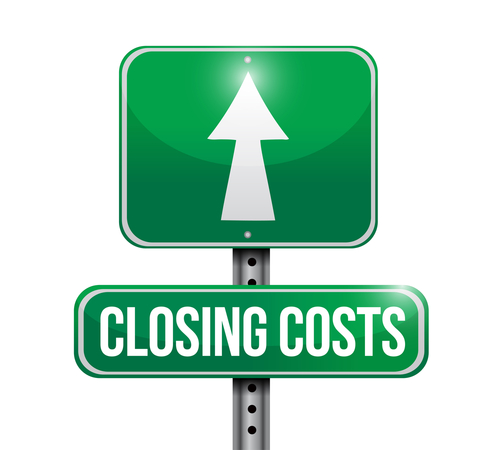Selling a home can result in a big payday. But although profit from a sale can increase your net worth and provide a nice down payment for your next home, it’s important to understand the costs associated with selling a home.
Real estate transactions can be expensive for both buyers and sellers. As the seller, your real estate closing attorney will provide a HUD-1 settlement statement a few days prior to closing which explains your costs. The good news is that settlement expenses are typically deducted from the profit. As long as you have enough home equity, you don’t have to dip into your bank account. If you don’t have sufficient equity, you’ll need to bring cash to the closing table.
Here is a list of costs you can expect as a home seller.
-
Real estate commission
As the seller, it’s your responsibility to pay the realtor commission. The typical commission for real estate transactions is 6% of the sale price split evenly between the buyer’s agent and your agent. You might be able to negotiate a lower commission, such as 4% or 5% split evenly between both agents.
-
Loan payoff
Your closing expenses also include the mortgage payoff, at which point the buyer’s mortgage lender transfers funds to your lender. This amount may be higher than the actual remaining balance because you’re responsible for paying prorated interest. The sale price must be enough to pay off the first mortgage and any second mortgages, such as a home equity loan or a home equity line of credit.
-
Transfer and recording fees
The buyer pays the majority of the settlement fees, such as the title search fee, the loan origination fee, the home inspection and the appraisal. But in some cases, you may be responsible for the transfer and recording fees. These fees are necessary to transfer ownership of the property to the new buyer, and to record the transfer in city records. The fee for both varies depending on your city and state.
-
Attorney fees
Real estate transactions are complicated, and in addition to working with a real estate agent and a mortgage lender, you’ll need a real estate attorney or closing agent to handle the settlement. After there’s a signed contract between you and the buyer, the real estate attorney steps in and manages the escrow, which can include negotiating contingencies and working with the title company. Real estate attorney fees vary, but can range from $300 to $1,000.
-
Prorated property taxes and homeowners association dues
You’re responsible for any real estate taxes and property owner association dues up until the date of settlement. If there are any outstanding balances, these amounts are included on the HUD-1 statement and must be paid at closing.
-
Termite and moisture inspection report
A termite and moisture inspection report is typical in real estate transactions. At some point before closing, your real estate agent will schedule an inspection. A company inspects the property for wood destroying insects and signs of excessive moisture, such as water stains on ceilings and rotting wood. The company that conducts the inspection can identify problems and recommend a solution so that you can move forward with closing. A termite and moisture inspection report may cost between $60 and $125.
-
Home warranty premium
Some homebuyers ask sellers for a home warranty. A home warranty provides coverage of the home’s main components, such as the electrical system, plumbing, appliances and HVAC. If a problem arises after closing, new buyers can contact the home warranty company and request a service call for a flat fee. Annual premiums for home warranties average between $400 and $500.








